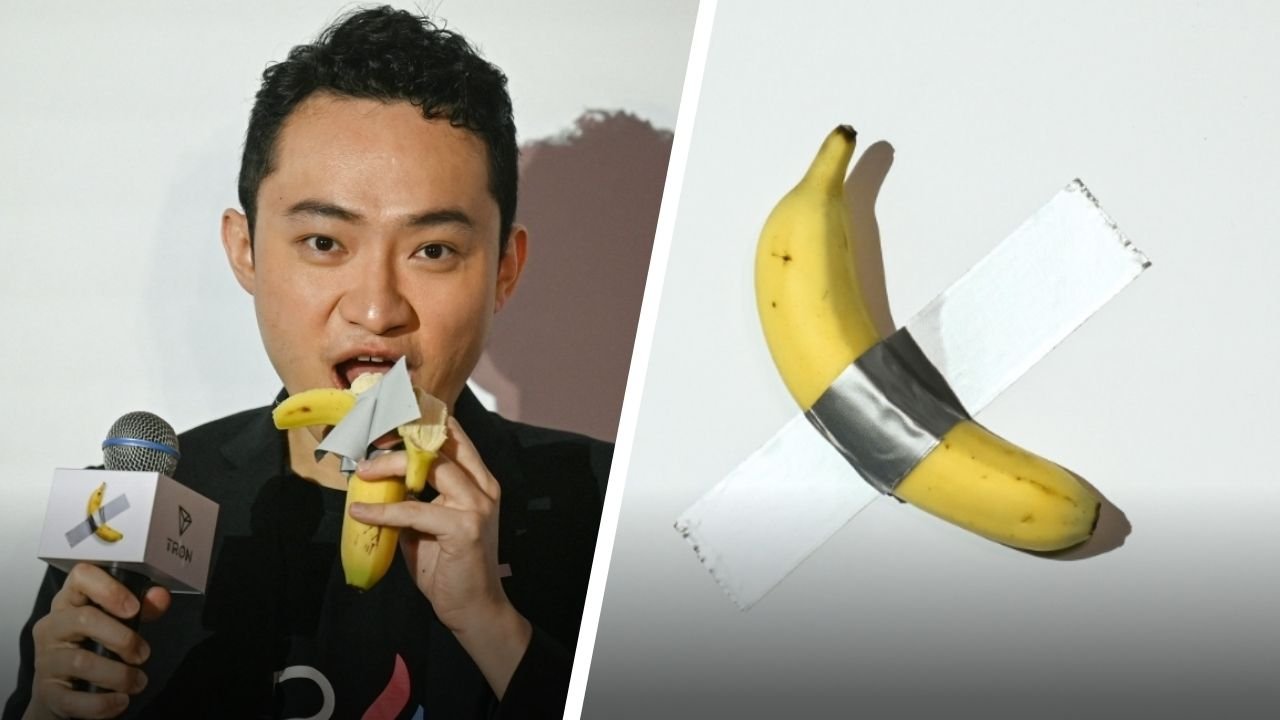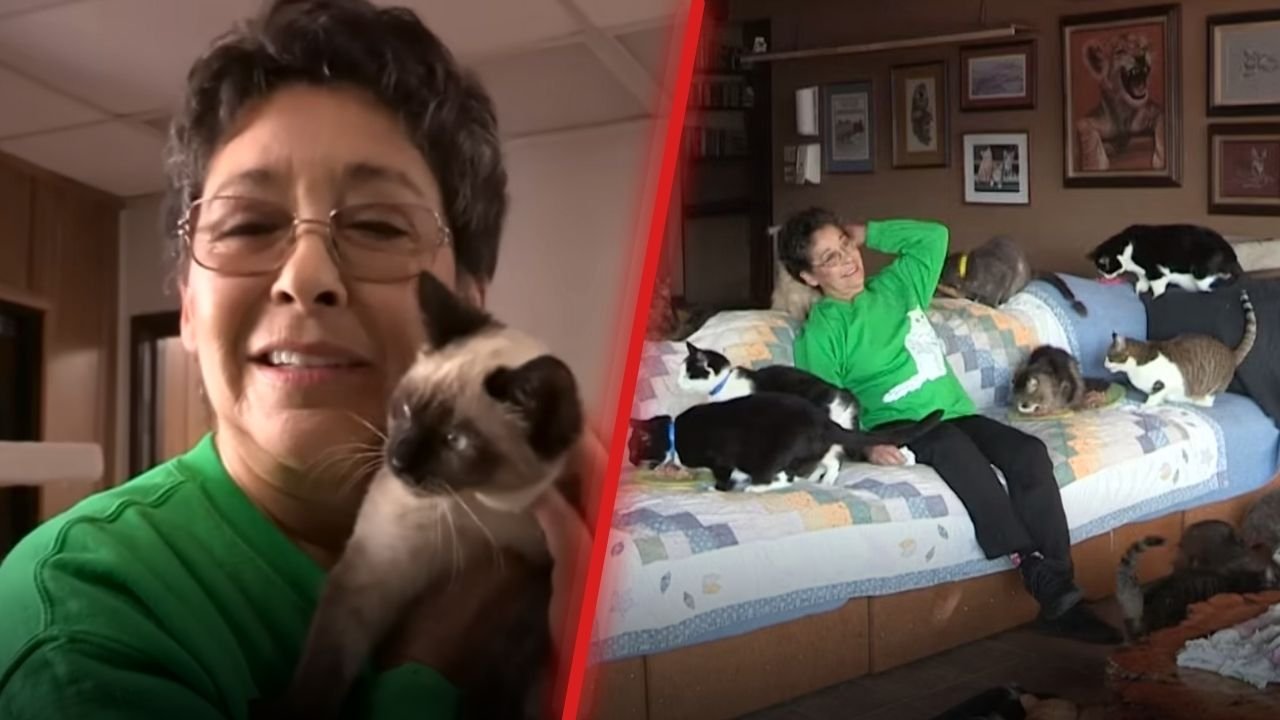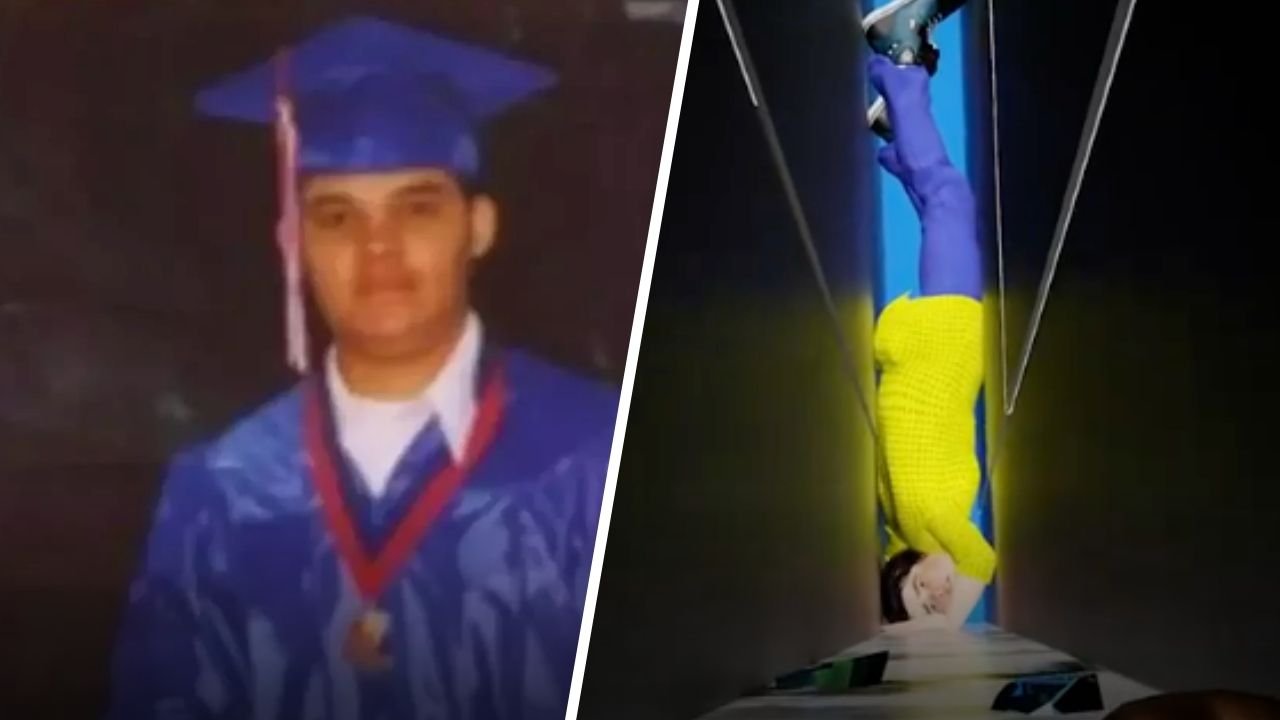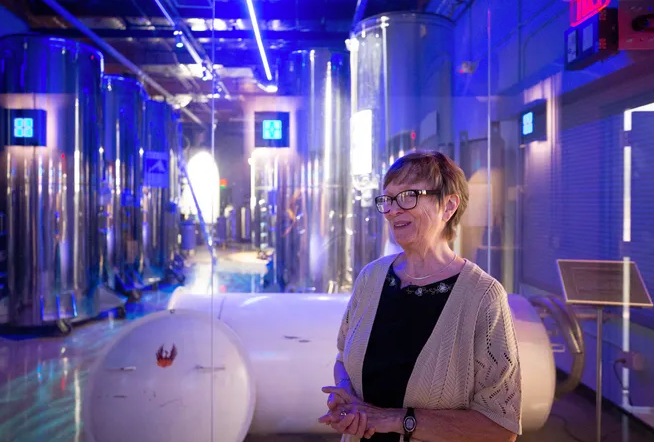Turning Body Fat into Soap: Connecticut Man’s Extreme Recycling Project Draws Mixed Reactions
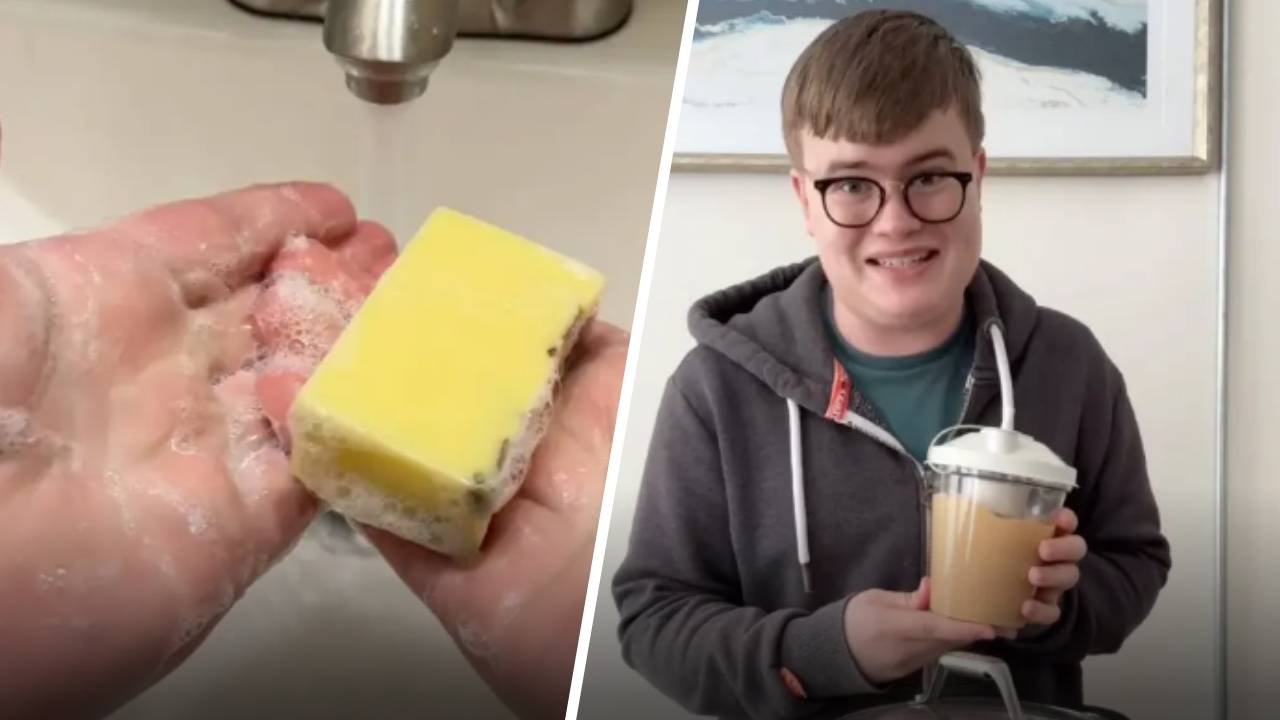
Connecticut – In a move that has both captivated and repulsed the public, Robert Tolppi, a 23-year-old influencer from Connecticut, has taken recycling to a new and unsettling level by converting his own body fat into soap.
Drawing comparisons to a scene from the cult classic film “Fight Club,” Tolppi’s unusual project has gone viral on social media, prompting a mixture of fascination and disgust.
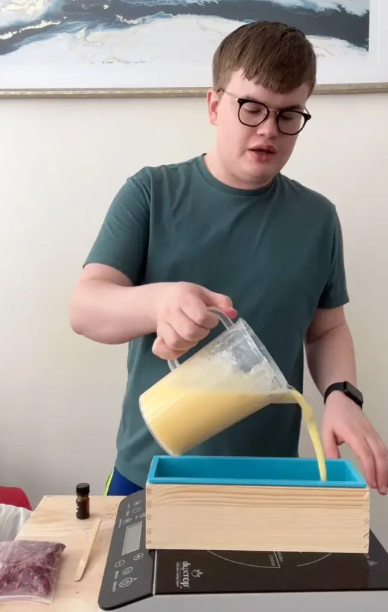
Tolppi, who boasts 1.5 million followers on TikTok, recently shared a video documenting the entire process of turning 400ccs of his own liposuctioned fat into soap.
The video, which features Tolppi handling his own body fat with the enthusiasm of a master chef, has garnered widespread attention for its grisly yet innovative approach to recycling.
“Some find the video funny, while others find it outright disgusting,” Tolppi told the Caters News Agency. The clip details Tolppi’s use of the removed fat, which was initially destined to be discarded as medical waste.
Instead, he requested to keep the fat with the intention of creating soap, a hobby he had long been interested in.

Tolppi’s process involves mixing the fat with sodium hydroxide, commonly known as lye, to produce sodium tallowate—a substance traditionally used in soapmaking.
The resulting soap, which he dubs his “blubber scrubber,” is not only a testament to his dedication to recycling but also a nod to the zero-waste movement that advocates for minimal waste and maximal resource use.
In the video, Tolppi is seen adding vanilla essential oils and rose petals to the mixture to mask the inherent odor and improve the product’s appeal.
Once the soap is formed, he tests it by lathering it on his hands, demonstrating its effectiveness and leaving him impressed with the results.
Tolppi’s unconventional project has sparked a range of reactions online. Some viewers are fascinated by the idea, praising Tolppi’s commitment to sustainability and innovative recycling practices.
One commentator expressed, “All kidding aside, I want all of the tools to make soap now.” However, others are less impressed, with one viewer describing the project as “disgusting.”
The comparison to “Fight Club,” where the protagonists harvest fat from a liposuction clinic’s dumpster to make explosives, has not gone unnoticed.

Although Tolppi acknowledges the association, he insists his motivations are rooted in a desire to push the boundaries of recycling. “I found the idea of human fat soap compelling, taking the conclusions of the zero-waste movement and our society’s push to recycle to the next level,” he explained.
Despite the provocative nature of his project, Tolppi has issued a word of caution to those interested in similar endeavors.
He stresses the importance of conducting thorough research before handling lye, as it can be hazardous, and advises maintaining proper ventilation during the soap-making process.
The soap-making experiment has also brought up broader discussions about the ethics and practicality of extreme recycling methods.
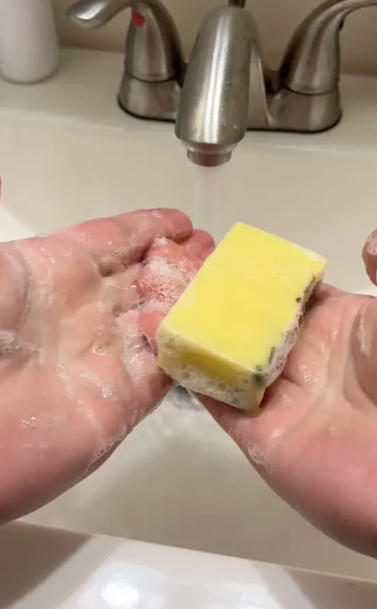
While Tolppi’s approach may not appeal to everyone, it certainly challenges traditional notions of waste and recycling, pushing the envelope on what is considered acceptable in the pursuit of environmental sustainability.
As Tolppi continues to share his unconventional projects with his followers, his work stands as a provocative reminder of the lengths some individuals are willing to go in their quest to reduce waste and make a personal statement about sustainability.



